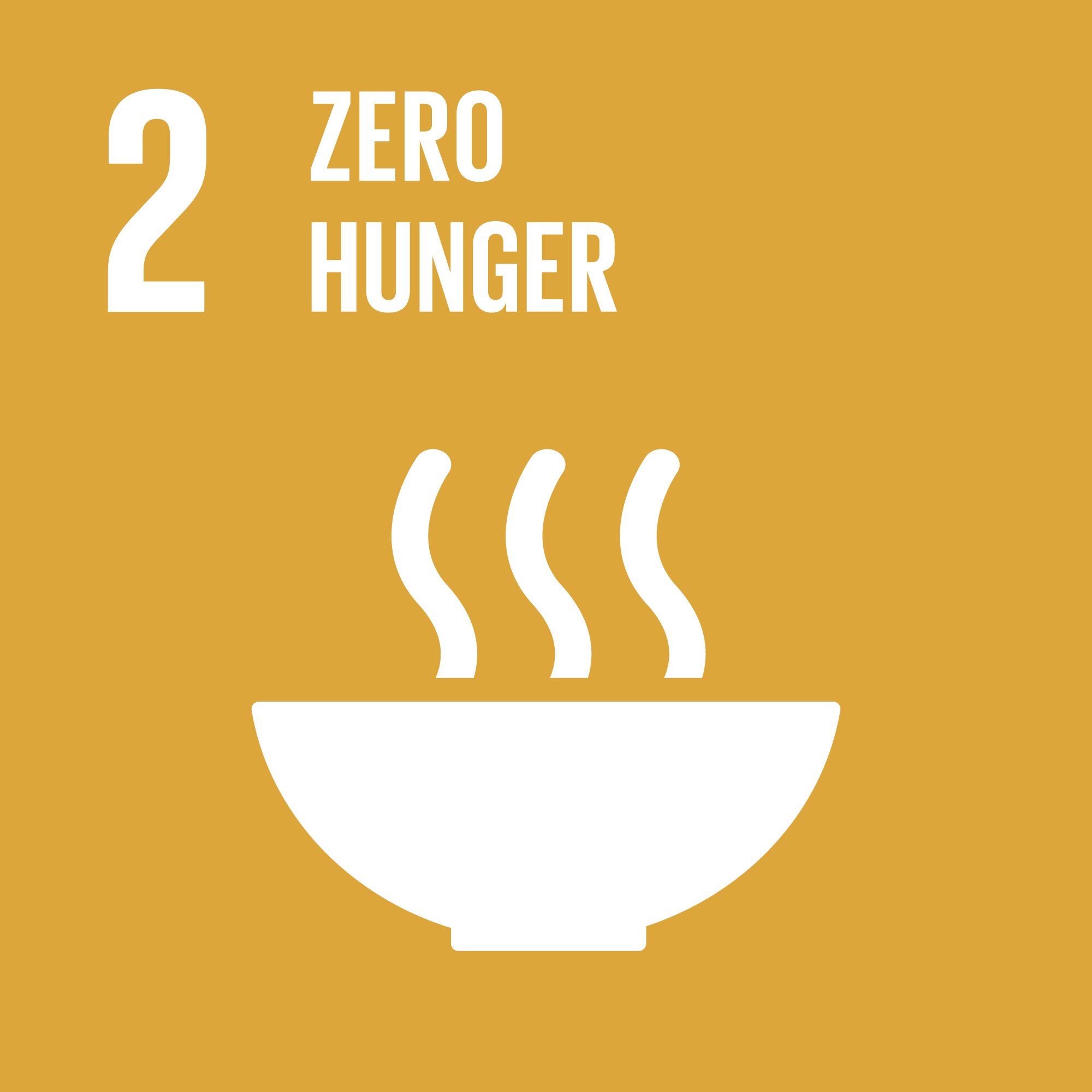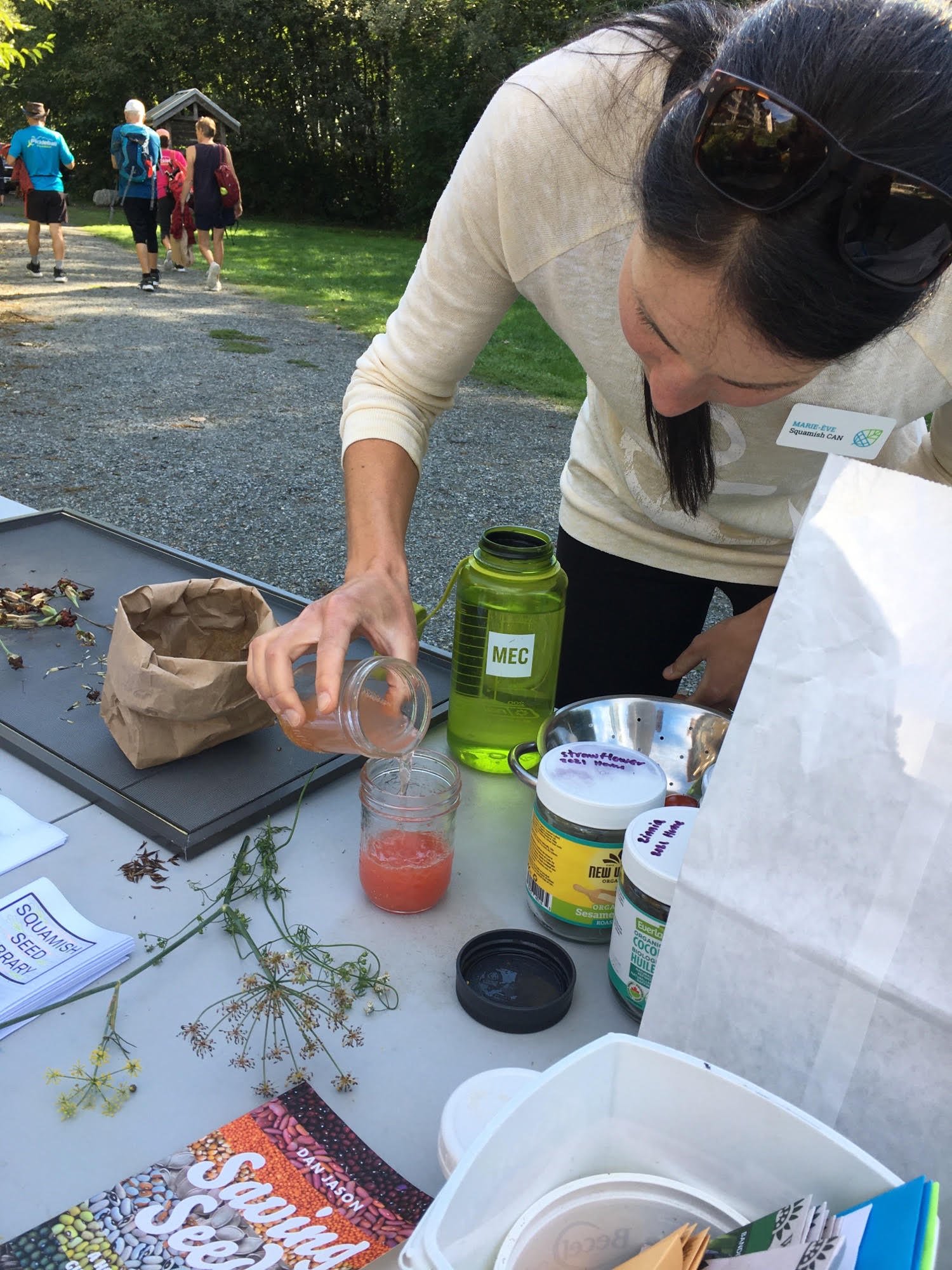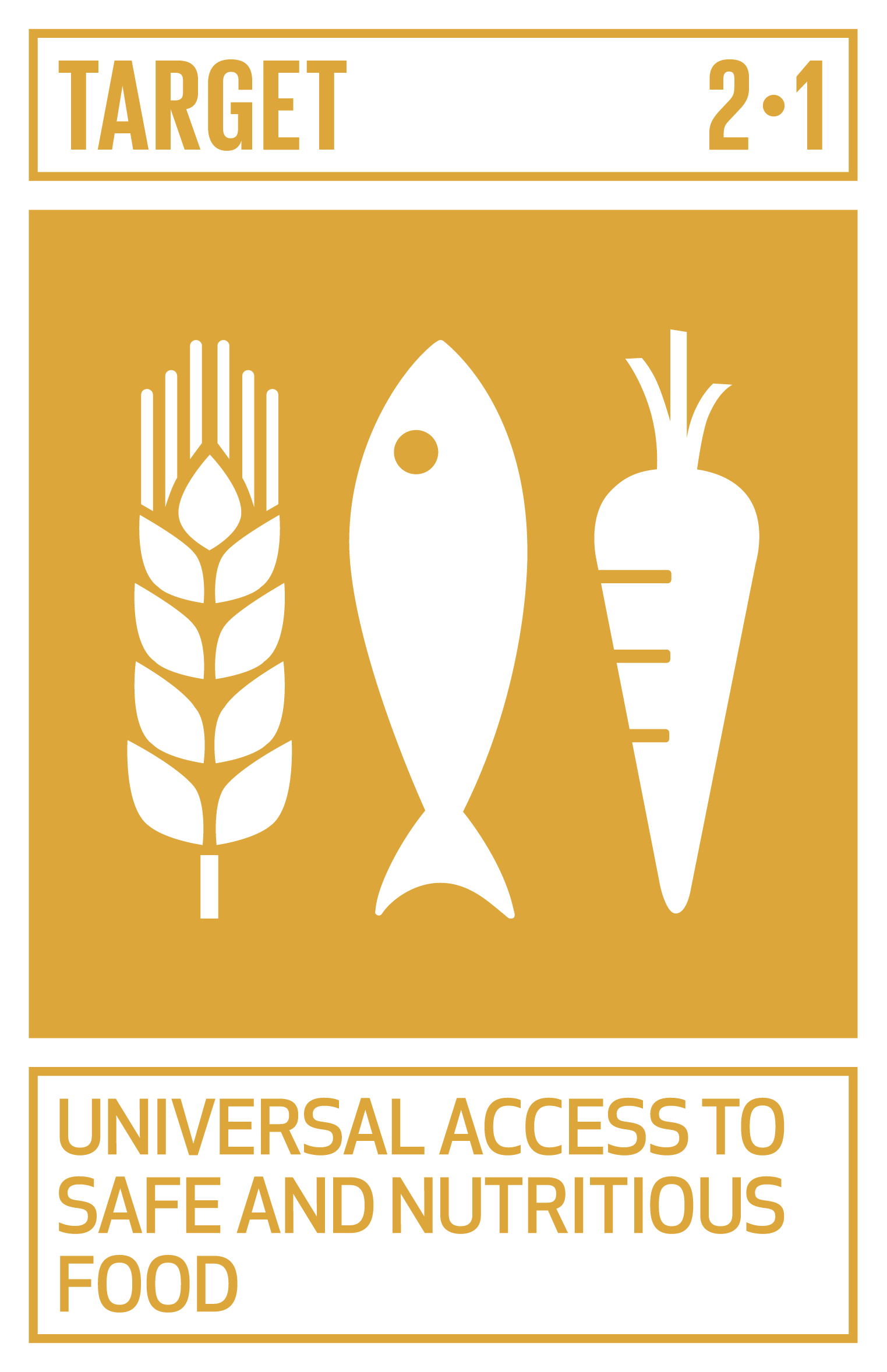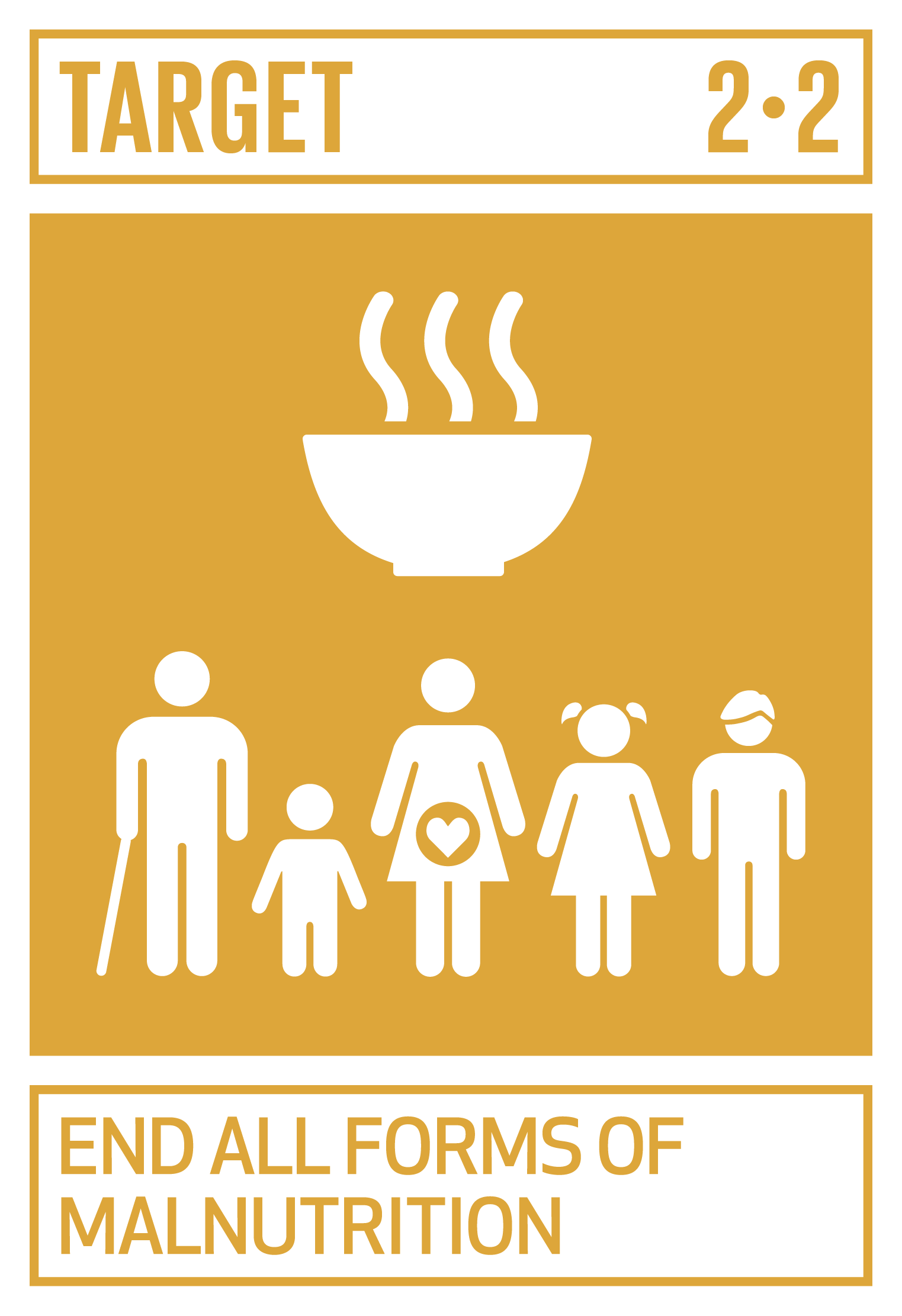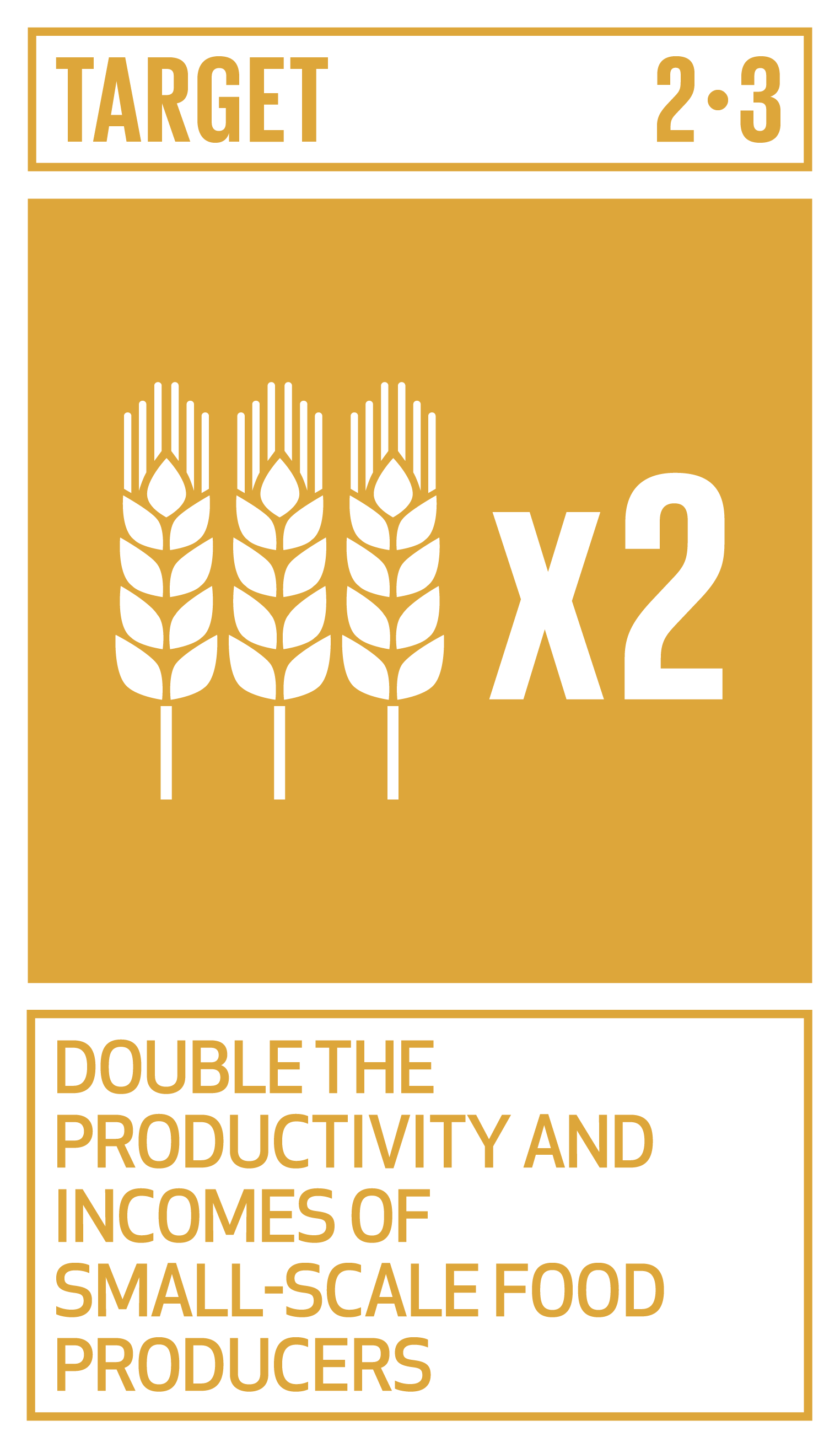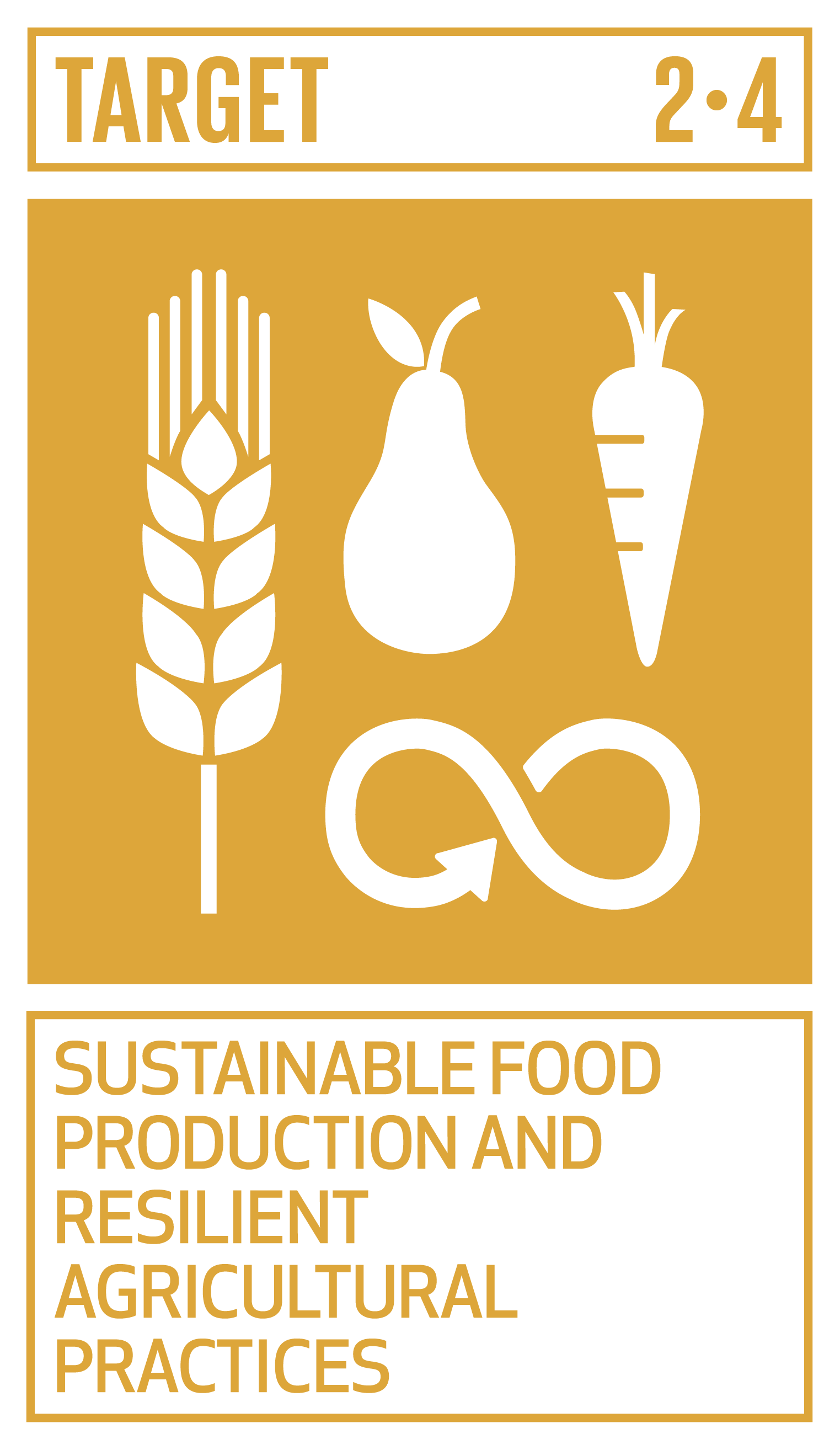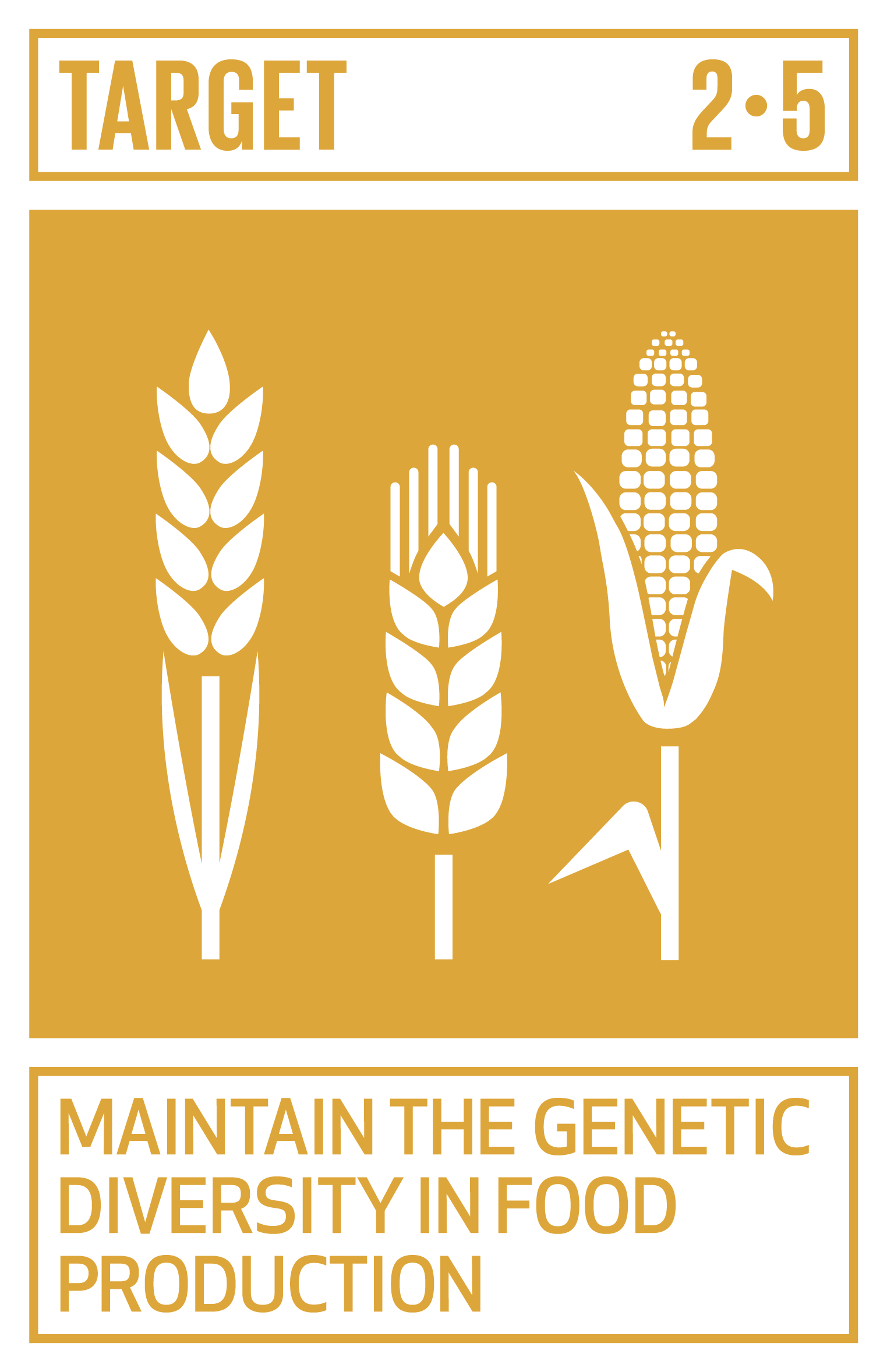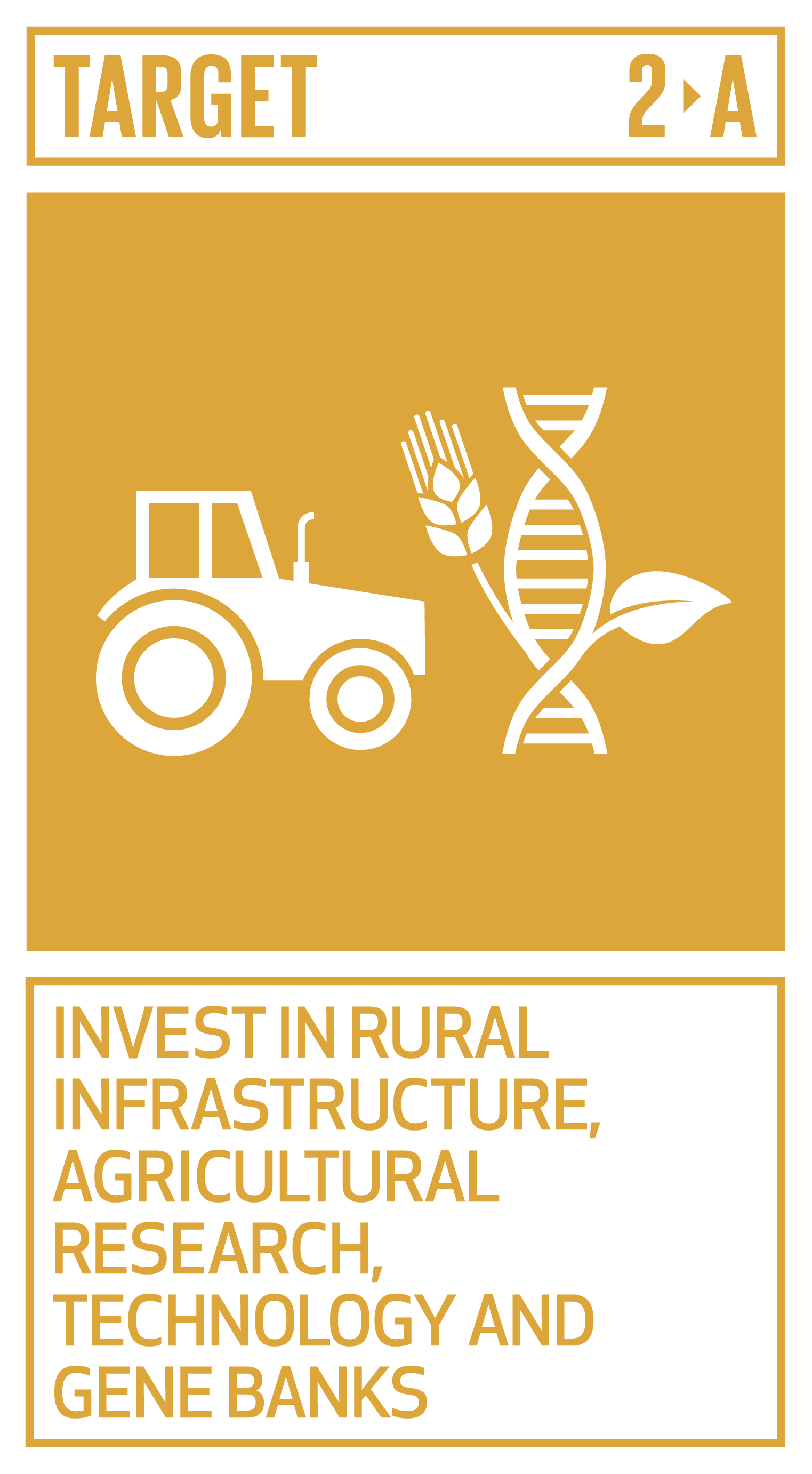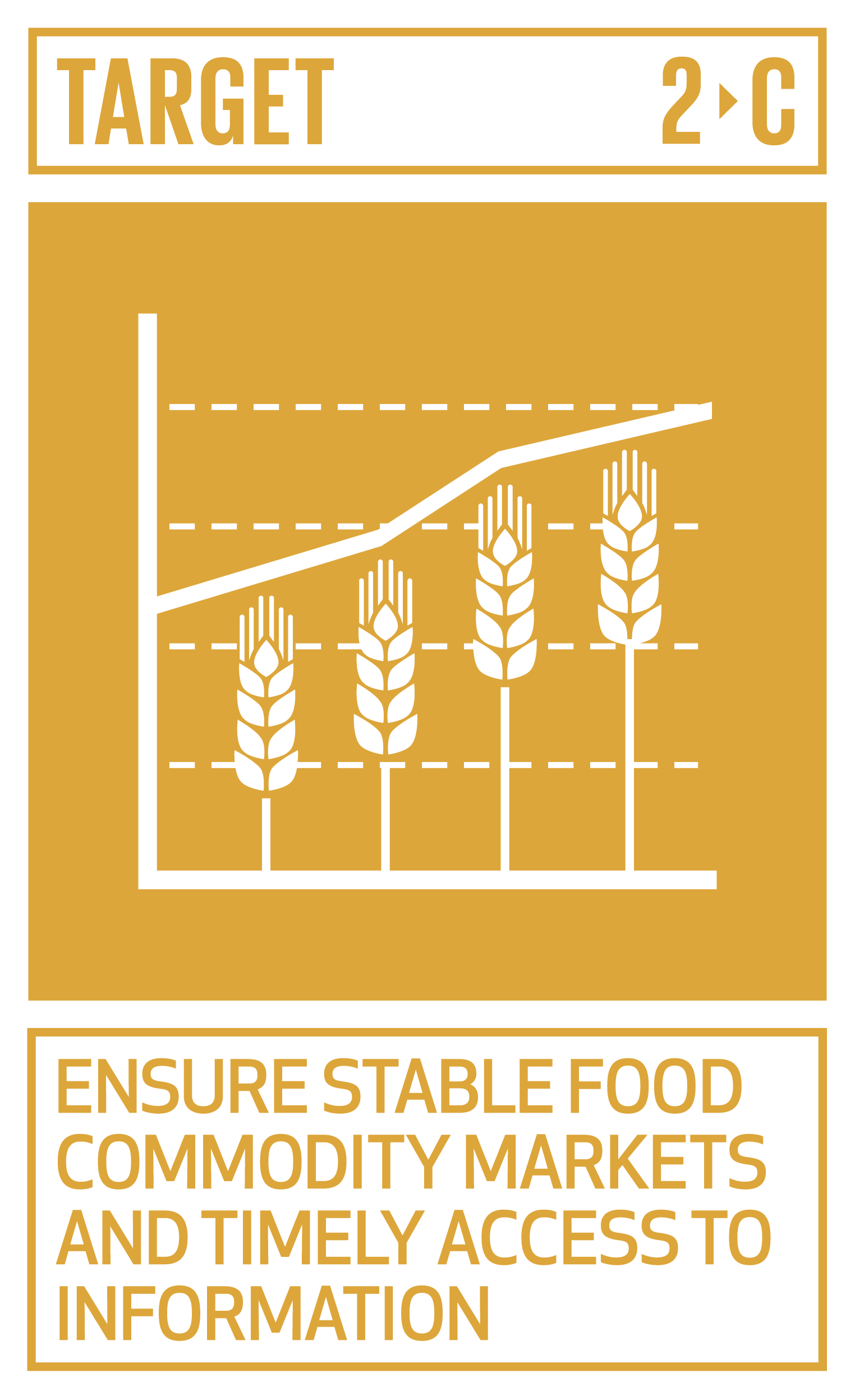Hunger is the leading cause of death in the world. Our planet has provided us with tremendous resources, but unequal access and inefficient handling leaves millions of people malnourished. If we promote sustainable agriculture with modern technologies and fair distribution systems, we can sustain the whole world’s population and make sure that nobody will ever suffer from hunger again. Source: Global Goals.org
Canada’s Response:
For Canada, the 2030 Agenda goal 2 is: End hunger, achieve food security and improved nutrition and promote sustainable agriculture. Source: Towards Canada’s 2030 Agenda. There are a number of Actions, measures and Many indicators that include: By 2030, double the agricultural productivity and incomes of small-scale food producers, in particular women, indigenous peoples, family farmers, pastoralists and fishers, including through secure and equal access to land, other productive resources and inputs, knowledge, financial services, markets and opportunities for value addition and non-farm employment. Data for many of the indicators are still being explored.
How are actions within our biosphere region are contributing toward these goals? Here are some examples:
Helping Hands in Squamish
Established in 1996, The Squamish Food Bank Society provided quality food support to 400 - 500 individuals each month at their twice-monthly distribution days and as part of their emergency hamper program. Annually, they distributed over 4,500 food hampers to those living with food insecurities in Squamish and they delivered 60-70 hampers per month to those who are not able to attend the food bank due to health reasons.
The Squamish Food Bank and Squamish Helping Hands joined forces in September 2020 to create the Under One Roof community food hub. This facility provides a shared and centralized location from which to provide all food services to the community.
Food Self-Reliance
Community garden in Squamish - photo Squamish CAN
Squamish CAN (Climate Action Network) has been leading community grassroots climate action in Squamish since 2009. Their mission is to empower our community with just and actionable solutions to the climate crisis through education, policy development and systems change. These projects prioritize removing barriers for our community members to learn and have access to grow, harvest and preserve their own food, which includes five community gardens, three edible school garden programs, one school farm, one community farm, a seed library, a Food Charter and many more. Since 2016, CAN established the Squamish Food Policy Council to work from a top down approach that is focused on strengthening food system policy from a local to federal level to ensure that food and agriculture lands are protected, and producers, processors, growers, foragers, and knowledge holders are supported. This work directly is working towards SDG targets: 2-1, 2-3, and 2-4.
Squamish Climate Acton Network - seed saving
Food self-reliance is identified as a key climate change strategy in BC. Squamish's food system has faced and continues to have significant challenges with increased risks of flooding, wildfire, and drought, development pressure on agricultural land, dependency on imported food, and population growth. The Squamish CAN team is actively working to address the many challenges our food systems are experiencing.
One Straw Society
On the Sunshine Coast, the One Straw Society has a shared vision of the elements of strong and resilient food systems and gets organizations and local governments facing the same direction when it comes to projects, policies and action. View their map for locations of local services available.
Below are the most relevant actions in our region related to SDG 2 Zero Hunger. For the full list and targets go to the Globalgoals.org
What more can we be doing or are we on track? We want to hear from you.
In developing a management plan for the Átl’ka7tsem/Howe Sound UNESCO Biosphere Region, we are assessing where we are in our collective vision of Life on Land in the Átl’ka7tsem/Howe Sound region for 2030, and setting priority goals and objectives. Read more here about the Nchu’ú7mut/Unity Plan.
You can submit your comments via our online form.


